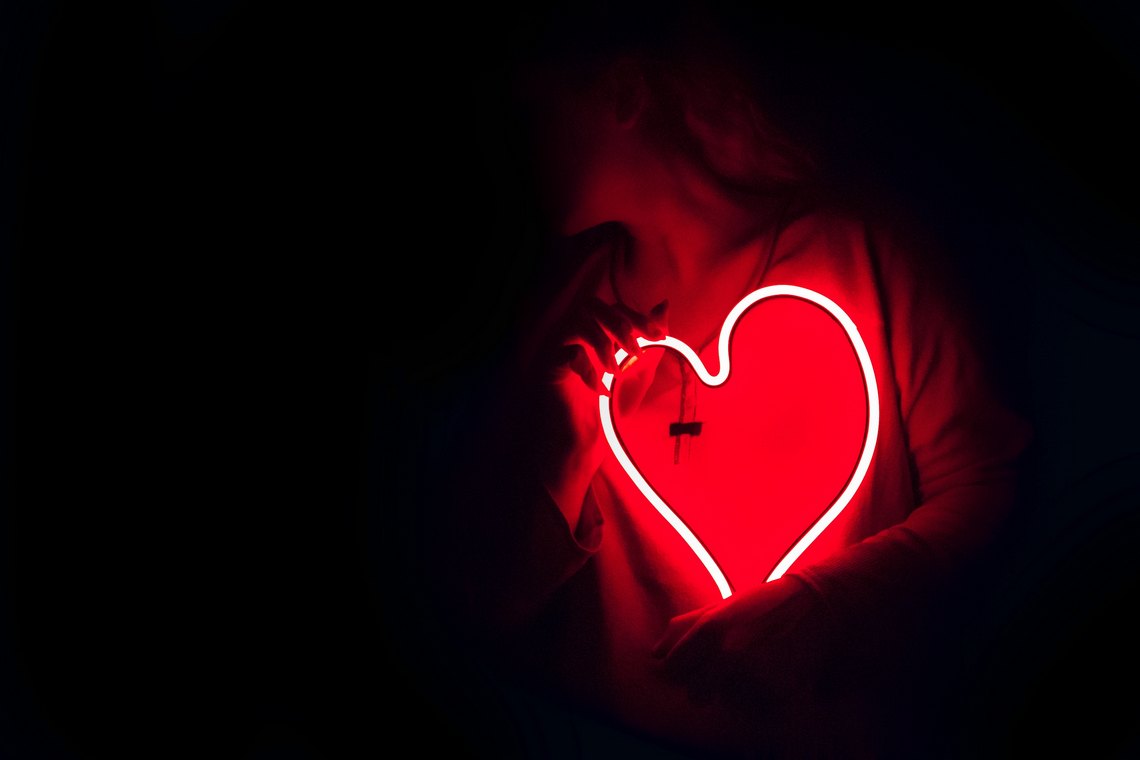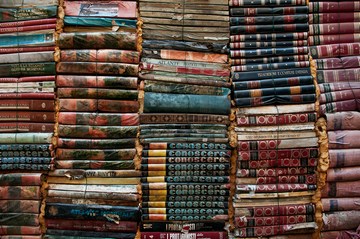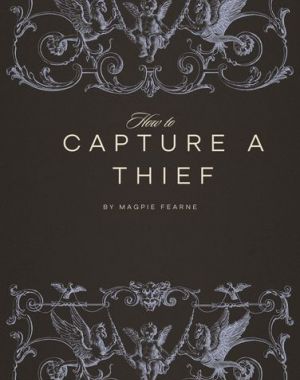I’m a newbie in romancelandia, having read my first novel (Think of England by KJ Charles) only about eighteen months ago. I then immediately proceeded to read about thirty romance stories in the next year, and I’m here to tell you why you should try the genre, even if you haven’t read any so far and especially if you hesitate to do so because of all the stereotypes that abound about romance novels.
1. The romance genre has come a long way from the 80s and 90s. The sexist stereotypes it might have contained at the time (according to what people say; like I said, I’m new here) have given way to narratives that showcase strong female characters. I’d argue that, at the moment, romance is the most feminist genre to read in. Not only is it written and read predominantly by women, but it also empowers women by featuring female characters with agency; characters who might fight against sexism and misogyny, characters who assert their self-worth in a patriarchal society. Finding love isn’t what completes these heroines: they fall in love, as we all do, while going about their lives, and they don’t need to lose weight, have a makeover, or otherwise change their personality in order to be deemed worthy of love. I won’t deny there are novels out there, produced a dime a dozen, that might perpetuate harmful clichés (like they exist in every genre) but if you read the works of prominent romance authors, published currently, you’ll find compelling narratives focusing on female agency and self-worth and, often, celebrating female friendships. Moreover, in a society that shames female sexuality, what’s more radical than reading a novel about a woman revelling in having sex?
2. If you enjoy character-driven stories, this is the genre for you. Romance focuses on two people overcoming their initial hostility or embarrassment or the issues that keep them apart and finding love and fulfilment. They both (unlike other genres, the love interest in romance is typically as well-fleshed out as the protagonist) carry emotional baggage; they both have issues to work out before love happens. External obstacles exist, and there might be plot around them: a murder to solve, an inheritance to settle, a mystery to investigate, but the plot shenanigans play second fiddle to the character development. It’s the internal journey of the main characters that shines through.
3. There is a wealth of diverse representation in romance. There are many novels featuring characters who are LGBTQ, POC, neurodivergent, disabled and so on. What’s more, these marginalised characters take centre stage in the narrative and, even more radically, find their happy-ever-after.
4. Speaking of happy-ever-afters, a must in the romance genre, it’s a comfort to know that all ends well. Real life can be shit, to put it mildly, and sometimes what you need is knowing that the pain you’re suffering vicariously through the characters will end in happiness; that tragedy will be averted; love will blossom. You close the book hopeful about the future of the characters and gain some hope that things might look up for you too. Don’t get me wrong, I do also love stories that end in death and pain and tragedy, but the comfort of knowing a HEA/HFN* is coming when all looks bleak and hopeless soothes my heart. It’s a hug when I need it the most, and we all deserve a hug.
5. Finally, romance is also incredibly diverse in terms of genre: there are loads of subgenres, ranging from contemporary to paranormal to fantasy and sci-fi. There’s romantic suspense or romance with humour or historical, dark romance, gothic, cowboy/western, polyamorous, erotic, time travel; the list goes on. Whatever your preferences, you’re bound to find a subgenre of romance to enjoy.
And the one reason not to read romance:
- Reading romance novels will ruin you for most romantic sub-plots in other genres. Love stories might very likely disappoint if you’ve got used to the exceptional romances of the genre, because a masterful romance writer does an exemplary job in showing how two characters grow and become better people and deserve each other while dealing with their mutual attraction. In other genres, the author might write fantastic suspense, action, adventure, heist, coming-of-age narratives, but be less adept at romance; and you'll be able to tell. This happened to me when I reread one of my favourite YA series. I’d adored the series back when I first read it and enjoyed it a great deal the second time. However, in-between the two reads, I read those thirty romance novels I mentioned earlier. Well. The romantic sub-plots in the YA series fell flat the second time round. They didn’t thrill me like before, or engage me in any sort of way; they felt bland, dare I say it, even though everything else was skillfully done.
So there you have it: reading romance is the best gift you can do to yourself if you enjoy character-driven, diverse narratives that end in hope and can fill you with optimism about life in these bleak times we live in.
*(Happy Ever After/Happy For Now)












